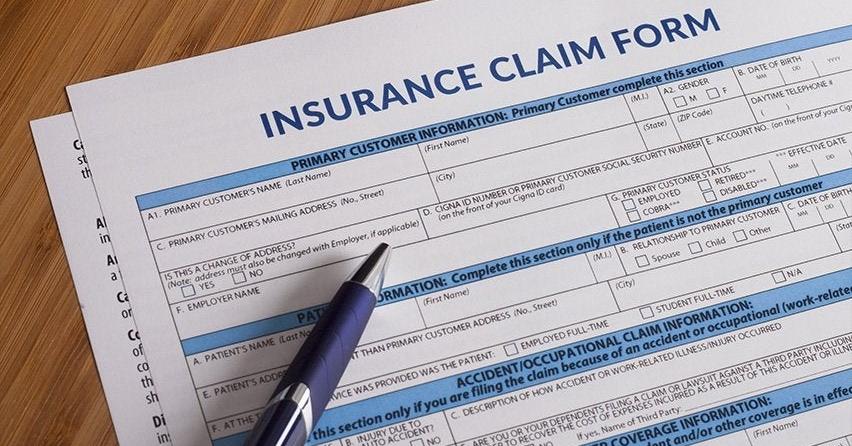In the aftermath of an injury, life might seem like a whirlwind of doctor’s appointments, pain, and distress. Amid all this chaos, one critical question arises: how fast should you act to file a claim? This isn’t just about seeking compensation to repair or replace your vehicle or catering to medical bills; it’s also about ensuring justice, obtaining necessary support, and securing your future. So, let’s delve into this pressing matter.
1. The Ticking Clock: Time Limits and Statutes
Ever tried to catch a train only to see it leave just as you reach the platform? Legal claims can be a lot like that. Every jurisdiction has a ‘statute of limitations,’ essentially a countdown timer for when you can lodge your claim. Once this window closes, even the most valid claim can be rendered powerless. Recognizing this crucial timeframe is paramount. It provides clarity and urgency in pursuing rightful compensation.
To expand further on this aspect, statutes of limitations vary depending on the type of injury and the jurisdiction in which it occurred. For example, personal injury claims might have different time limits than property damage claims. It’s essential to research and understand the specific time constraints that apply to your case, as missing the deadline can mean forfeiting your right to seek compensation.
2. Evidence: The Ephemeral Lifeline
Think of evidence as raindrops on a sunny day—fleeting and evaporating quickly. Evidence is most fresh and available in the immediate aftermath of an injury. This includes everything from photographs of the accident scene to witness statements. As days turn into weeks, recollections fade, physical evidence gets lost, and the narrative can become muddled. Why risk losing these pivotal puzzle pieces? Early action ensures that your claim stands on solid ground. Consider a car accident scenario. The skid marks on the road, the position of the vehicles, and any debris on the scene can provide critical clues about how the accident occurred. If you delay in documenting these details, weather conditions and traffic patterns might change, erasing crucial evidence that could support your case.
3. Medical Implications: Early Documentation Matters
When someone falls ill, isn’t the first instinct to seek medical attention? Similarly, post-injury, immediate medical evaluation ensures health and safety and strengthens the claim. Medical records play a dual role. They chart the recovery journey, offering insights into the extent and implications of injuries. Plus, they act as irrefutable evidence when arguing the severity of the injury. To elaborate further, timely medical documentation can establish a clear link between the injury and the accident. It also helps determine the full scope of medical treatment and rehabilitation required, which is essential for accurately calculating compensation. Delaying medical attention not only jeopardizes your health but can also weaken your case by allowing the opposing party to argue that your injuries were not severe or were unrelated to the incident.
4. Financial Considerations: The Ripple Effect of Delays
Imagine a dam that has a tiny crack. If not addressed, it can lead to a catastrophe. Similarly, a delay in filing can strain one’s finances. Medical bills pile up, income might be lost due to incapacitation, and other related expenses can skyrocket. Initiating the claim process promptly can serve as a financial cushion, ensuring resources are available when most needed.
Financial stability is essential during the recovery process. By filing a claim early, you can start obtaining compensation, covering medical expenses, lost wages, and other financial burdens caused by the injury. Waiting too long to file a claim can lead to financial hardship, making it even more challenging to cope with the aftermath of the injury.
5. Emotional Well-being: The Overlooked Component
Have you ever noticed how it seems more manageable when you address a problem immediately? The same psychology applies here. Addressing the legal side of the injury expeditiously can provide emotional relief. It’s akin to closing an open wound, allowing the healing process to commence. Lingering uncertainties can magnify stress, prolonging both mental and emotional recovery. To delve deeper into the emotional aspect, the aftermath of an injury can be emotionally draining. Pain, anxiety, and uncertainty can affect one’s mental well-being. By taking swift action to file a claim, you can regain control over the situation, which can alleviate some of the emotional distress. It allows you to focus on your recovery and move forward, knowing you are actively seeking the support and justice you deserve.
The decision to file a claim post-injury is more than just a legal or financial consideration. It intertwines with emotional well-being, medical recovery, and overall peace of mind. Understanding the implications of time, the value of fresh evidence, and the holistic impact on one’s life makes it clear that speed is of the essence. Because, in the end, isn’t the pursuit of justice and well-being worth every swift stride?
